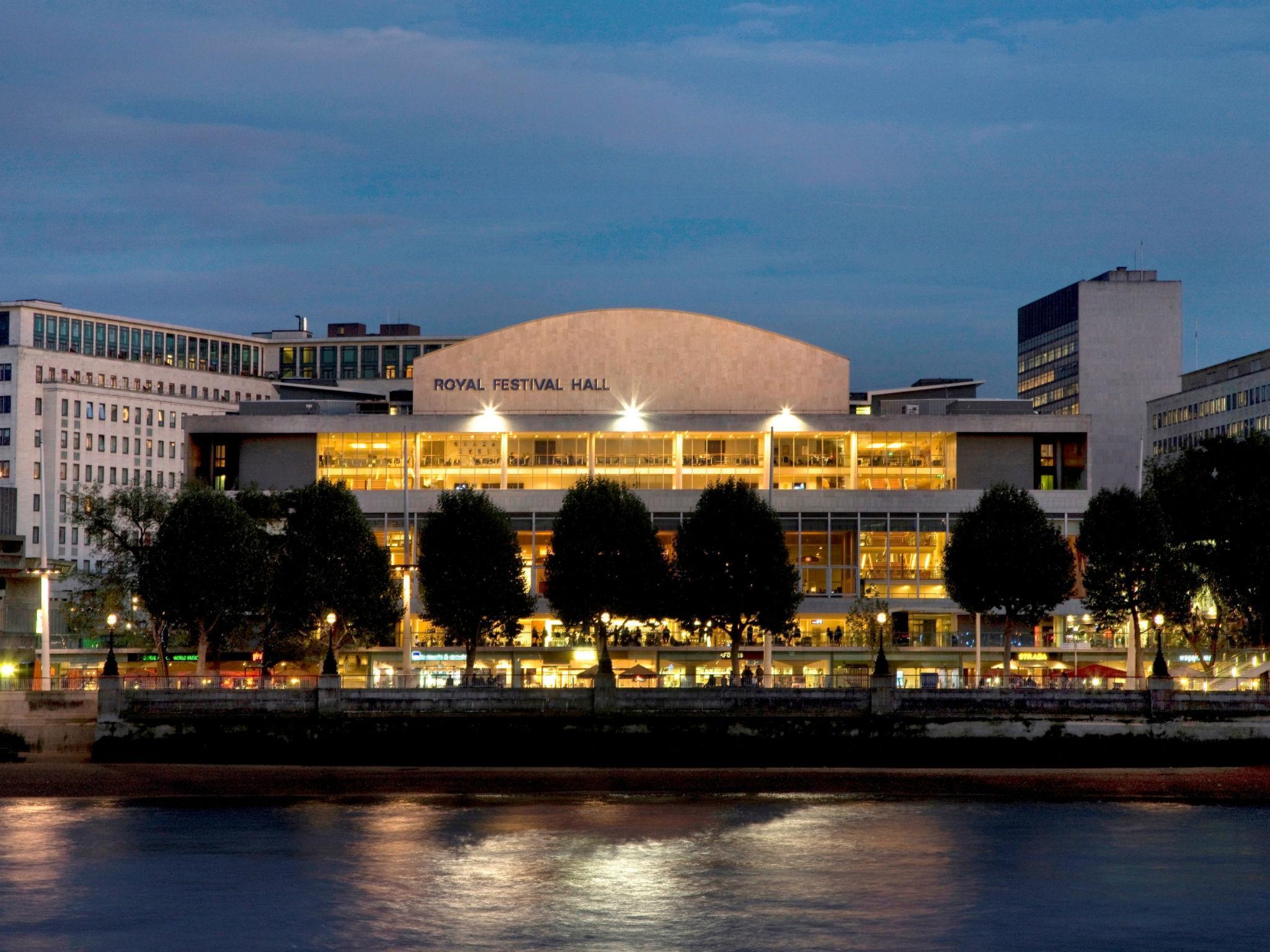Oedipus Rex/Symphony of Psalms, Royal Festival Hall review: 'Trust Peter Sellars to devise a radical take on it'
Stravinsky's opera is directed by Peter Sellars in a magnificent production

Your support helps us to tell the story
From reproductive rights to climate change to Big Tech, The Independent is on the ground when the story is developing. Whether it's investigating the financials of Elon Musk's pro-Trump PAC or producing our latest documentary, 'The A Word', which shines a light on the American women fighting for reproductive rights, we know how important it is to parse out the facts from the messaging.
At such a critical moment in US history, we need reporters on the ground. Your donation allows us to keep sending journalists to speak to both sides of the story.
The Independent is trusted by Americans across the entire political spectrum. And unlike many other quality news outlets, we choose not to lock Americans out of our reporting and analysis with paywalls. We believe quality journalism should be available to everyone, paid for by those who can afford it.
Your support makes all the difference.Stravinsky wanted his ‘opera-oratorio’ Oedipus Rex to be performed like a hieratic tableau vivant, with the principals wearing masks and the robed chorus in a single row, faces hidden. And in my experience that is how the dark and dreadful beauty of this music comes across most powerfully. Trust Peter Sellars to devise a radical take on it, but the real surprise of his production with Esa-Pekka Salonen and the Philharmonia Orchestra lay in the way he not only put this work together with another of Stravinsky’s neo-classical masterpieces – Symphony of Psalms – but through clever stagecraft made them feel like one single work.
From the first great thunderclap of sound in Oedipus the Swedish male-voice chorus Orphei Drangar – blue-clad figures ranged above the orchestra – asserted massive dominance, and here Sellars’ sometimes-irritating hand-ballets seemed perfectly fit for purpose. Robert Kaiser’s sweetly vulnerable Oedipus and Katarina Dalayman’s superbly fateful Jocasta were sonorously counterbalanced by Willard White brilliantly trebling-up as Creon, blind Tiresias, and the truth-telling Messenger; turning the Speaker into Antigone (Emily Barber) gave the story a new immediacy. A row of ethnographic African thrones suggested another dimension: the whole thing could be seen through the prism of tribalism, with Oedipus’s family as foreign interlopers. As the horror of Oedipus gave way to the benediction of the Psalms – reinforced by the life-affirming sound of the female-voice Sofia Vokalensemble - Oedipus and his ‘daughters’ played out the end of their story in dumb show. The Philharmonia were magnificent, their wind players beyond compare.
Join our commenting forum
Join thought-provoking conversations, follow other Independent readers and see their replies
Comments